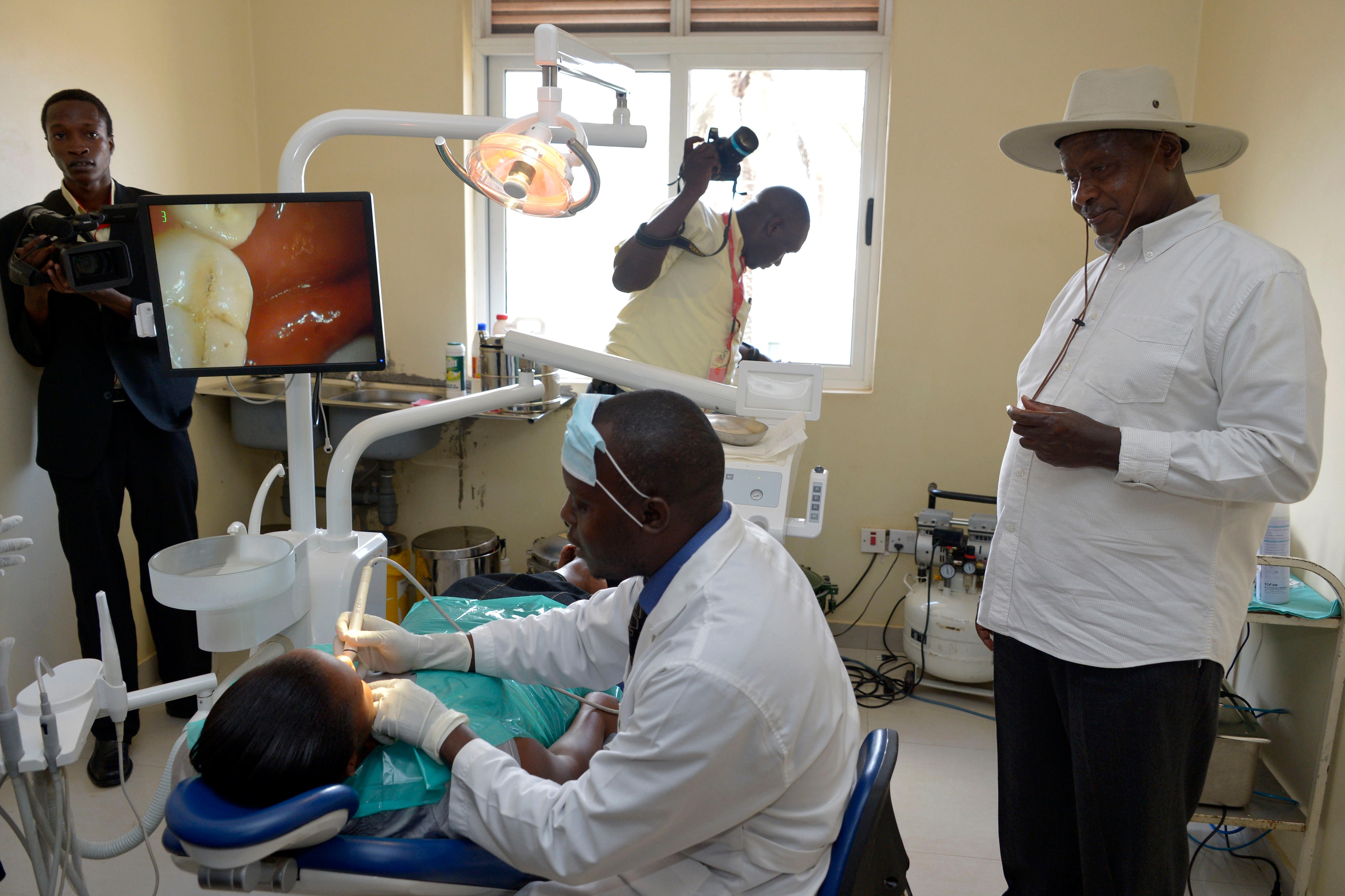Prime
Five companies generating 60% of insurance business, says IRA

Mr Ibrahim Kaddunabbi
What you need to know:
- IRA says there is need for insurance players to think about mergers and acquisitions if Uganda is to build a sustainable insurance sector
Insurance Regulatory Authority (IRA) has said that more than 60 percent of insurance business is generated by just five companies.
Speaking during the 59th meeting to reflect on the sector performance and outlook for 2024, Mr Ibrahim Kaddunabbi, the IRA chief executive officer, said there is need for insurance players to think about mergers and acquisitions if Uganda is to build a sustainable insurance sector.
“Our figures show that just five insurance companies contribute more than 60 percent of the [insurance] business. When you look at the last 10 insurance companies, they contribute just 17 percent of the business, which means that even if they merge, they will just contribute 17 percent. We, therefore, think and strongly believe that when companies sit down and think of mergers, they will do business at a reduced rate but still have more capacity than if they continue going it on their own,” he said.
However, Mr Kaddunabbi did not indicate which insurance companies contribute the largest premiums and which ones contribute the smallest.
The insurance sector has about 30 insurance companies, a result of which was the split of life and non-life insurance as separate businesses.
Written premiums
During the period ended December 2023, IRA indicated that gross written premiums had grown from Shs1.44 trillion in 2022 to Shs1.6 trillion, which represented an expansion of 11 percent.
Non-life insurance generated the largest amount in written premiums, which during the period, grew to Shs934.5b from Shs898.1b or 4 percent, while life grew by 21 percent to Shs606.6b from Shs501.6b.
However, Mr Kaddunabbi said that premiums in micro-insurance had declined by 8 percent to Shs559.7m from Shs611.3m, noting that this was a concern due to its direct impact on low-income earners.
“I am bothered about micro-insurance. This is an area that produces policies for the ordinary person. So, if the business is going down, this means that ordinary people are underserved. We have come up with a regulation that is intended to address this. We want to support and create incentives to address that shortfall,” he said.
The insurance sector is projected to grow further, continuing the recovery from Covid-19 disruptions.
“2024 is projected to be a better year … because at the macro level, the economy is projected to be better than what it was in 2023. We have also seen that the inflation, which normally eats up the premiums, is expected to remain below Bank of Uganda target and also expect that the National Insurance Health Scheme or policy should be coming on board this year,” Mr Kaddunabbi said.




